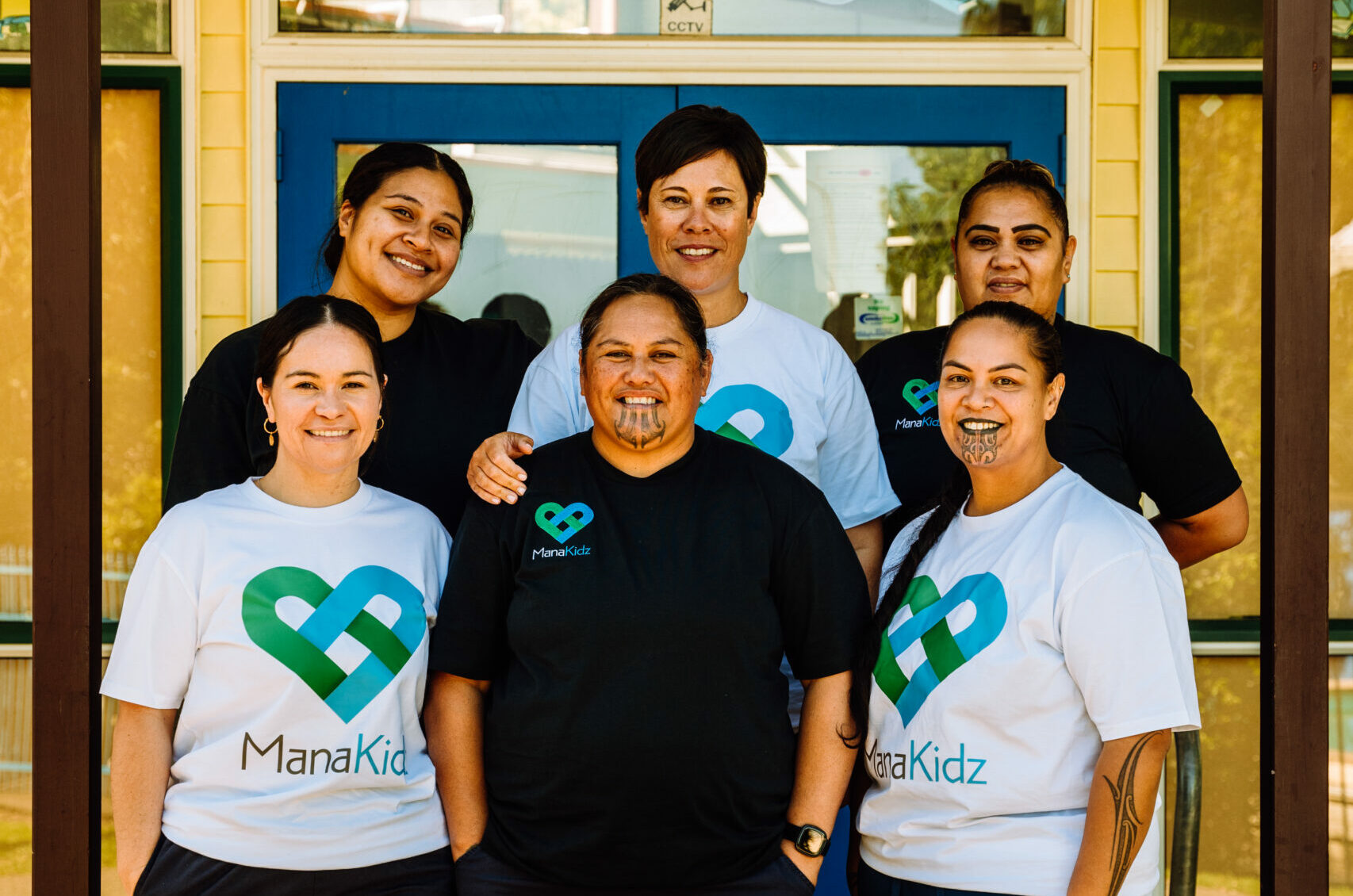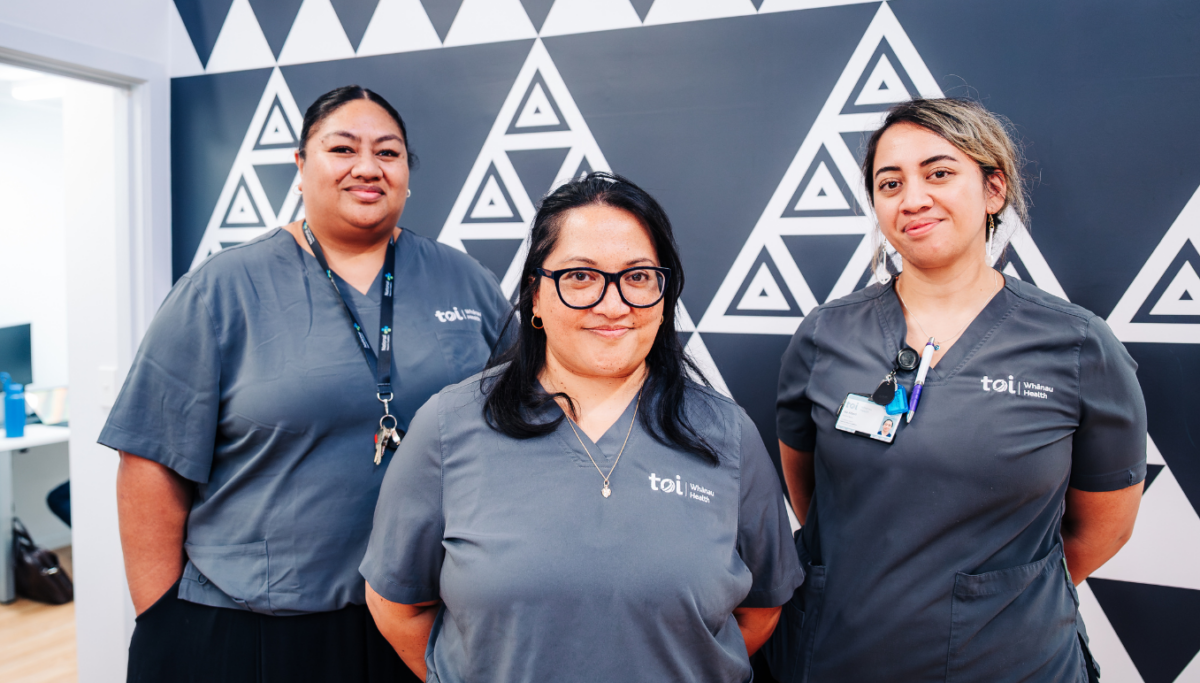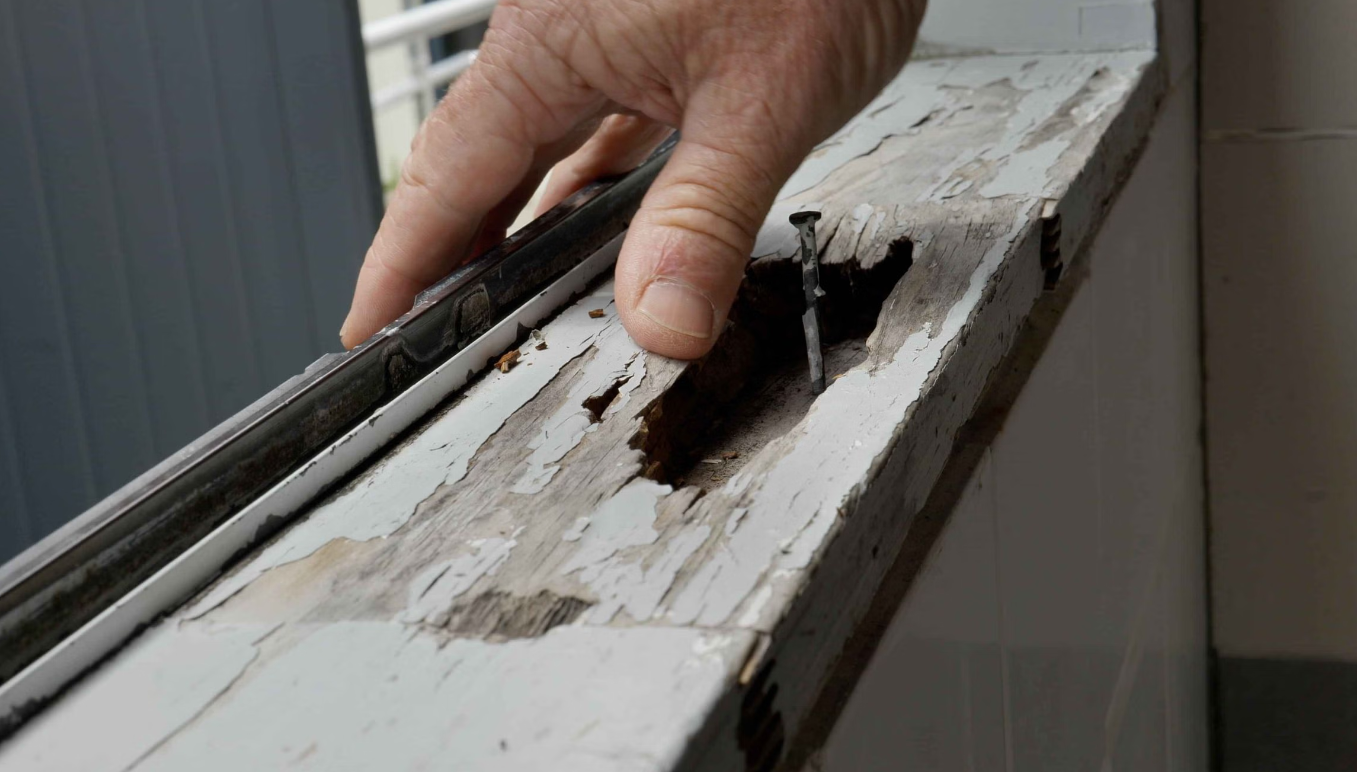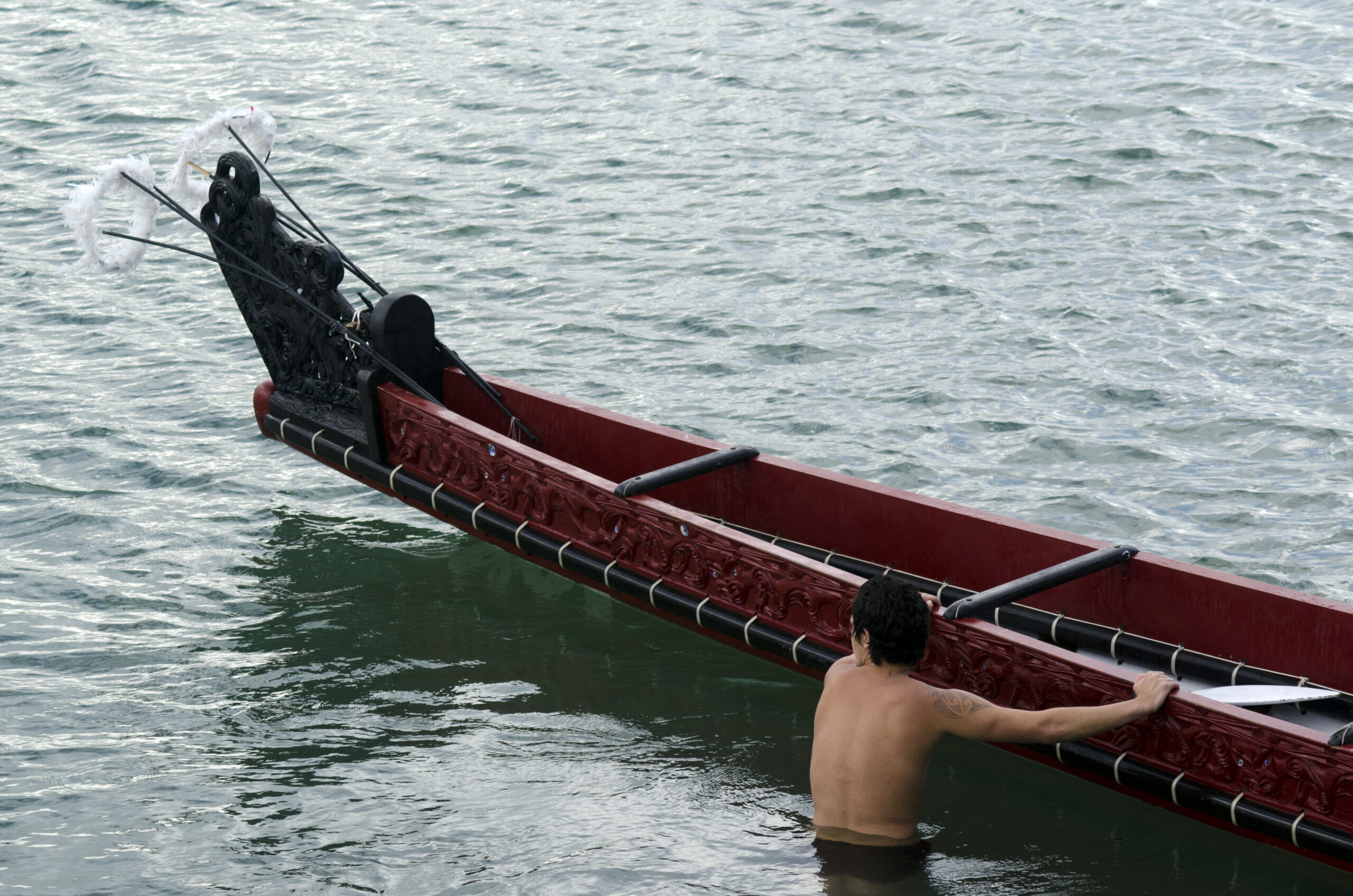As temperatures drop, Mana Kidz health teams are preparing for cases of group A streptococcus (group A strep) infections to spike across Tāmaki Makaurau.
The free, school-based Mana Kidz programme – led by a partnership between the National Hauora Coalition (NHC) and, currently, Te Aka Whai Ora – is a year-round, school-based child health service with a focus on detecting and treating tamariki with sore throats caused by group A strep, the precursor to the serious illness, acute rheumatic fever.
This year, NHC and Mana Kidz are making it their mission to stop sore throats (and acute rheumatic fever) in its tracks, through early prevention and education, aimed at families, right across the motu (country).
According to NHC Clinical Director, Dr. Ranche Johnson (Ngāpuhi), “The best thing to do if your tamariki has a sore throat is to get it checked out – it could save their life.”
Dr Johnson is a member of the Pū Manawa Rheumatic Fever Network Aotearoa, New Zealand and shares that “it’s heartbreaking as a doctor seeing tamariki being affected by rheumatic fever. Of course, you always wonder when you see a case – what could we have done to prevent this?”
“It is confusing to whānau when they hear that most infections are caused by viruses, so they think they don’t need to see a doctor,” she explains. “Mana Kidz nurses are right there in the schools, with the children – they test and treat sore throats for free, so kids don’t have to wait to be seen in a GP clinic and they can receive prompt treatment.”
Mana Kidz supports over 34,000 tamariki in 88 schools across South Auckland. Although the programme supports a range of child health conditions, the main focus is on rheumatic fever prevention.
Rheumatic fever is a preventable condition. In Aotearoa, rheumatic fever mainly affects Māori and Pacific children and young people (aged 4- to 19-years-old).
“Rheumatic fever is a complex condition that is a big challenge for us as Māori and Pacific peoples, especially for our tamariki and rangatahi,” explains National Hauora Coalition Director of Nursing, Donna Kielar (Ngāti Hine).
“Inequities in society create the conditions for poverty, which increase the risks of rheumatic fever. It is a big challenge for Māori and Pacific children and young people however, there is a range of approaches we can take to protect against it – the collective effort of a service like Mana Kidz is one of the ways we can keep the hearts of our tamariki healthy and strong.”
Rheumatic fever prevention is a priority for Mana Kidz health teams, but they also offer comprehensive healthcare including vision and hearing checks, skin infection assessment and treatment and general health assessments for primary and intermediate tamariki.
Speaking about the programme’s impact, Sue Dawson, Principal at Clendon Park School says, “Mana Kidz has empowered our community. Our whānau understand more about looking out for, preventing and managing sore throats and skin infections. Mana Kidz nurses provide
barrier-free access to advice, care and treatment for our tamariki, enabling health and wellbeing issues to be addressed promptly.”
This winter, the Mana Kidz team are also working alongside The Cause Collective on a Stop Sore Throats campaign to capture the attention of teachers, parents, caregivers, tamariki and whānau. Delivering education with authentic entertainment, the content showcases the importance of Mana Kidz nurses for rheumatic fever prevention.
The videos, shared across the Stop Sore Throats Facebook, Instagram, and TikTok channels, show just how easy it is to get a child’s sore throat checked and stop rheumatic fever in its tracks.
The message from the campaign is clear: If your child has a sore throat, get a free check from your school Mana Kidz health team with a simple swab test. Don’t wait to see if it gets better, and risk it turning into rheumatic fever.
The best prevention from rheumatic fever is treatment for strep throat; the Mana Kidz programme is a vital and useful step for whānau where tamariki can get a swab at the school health clinic and receive treatment if required, reducing the risk of rheumatic fever.
What Are the Key Symptoms of Rheumatic Fever?
When a sore throat caused by strep throat is left untreated, it can lead to rheumatic fever. The key symptoms of rheumatic fever can include
– Fever
– Sore joints or swelling
– Chest pain
– Jerky movements
– Shortness of breath
– Tiredness Painless bumps under the skin, or rash
What Happens if Rheumatic Fever Is Left Untreated?
After an infection of group A strep, the body may have an autoimmune response that leads to rheumatic fever. This is where the immune system causes inflammation and swelling in the body, often to the heart, joints, brain and skin. The inflammation in the heart can develop into
rheumatic heart disease, where there is scarring on the heart valves. Depending on how severe the damage to the heart is, heart surgery or heart medication may be needed. For all rheumatic fever cases, long term antibiotics are also required.
Getting Well from Rheumatic Fever
To prevent sore throats in tamariki leading to rheumatic fever and life-threatening rheumatic heart disease, the message is clear:
If your child has a sore throat, don’t wait to see if it gets better; get a free check from your school Mana Kidz nurse with a simple swab test.
The best prevention from rheumatic fever is treatment for strep throat. If a child’s throat swab comes back positive for group A strep, the Mana Kidz nurse gains informed consent from the whānau, discusses the treatment options, and completes a holistic assessment where other wrap-around support services may be referred to such as Stop Smoking, Healthy Homes, Immunisation outreach etc. Then, the appropriate antibiotic treatment is given to the child.
Mana Kidz nurses provide whānau with education on side effects, the importance of completing the course, and how to take the medicine. The nurse or whānau support worker will check in with the child and whānau at least twice over the next 10 days to ensure there are no side effects and that the full course of antibiotics is taken.
If a child is experiencing ongoing or recurrent bouts of group A strep, the Mana Kidz healthcare team will provide other options for administration or type of medications, and household swabbing may be undertaken.
Press Contact
For more information or to arrange interviews, please contact NHC PR consultant Skye Ross:
skye@skyeross.co.nz










